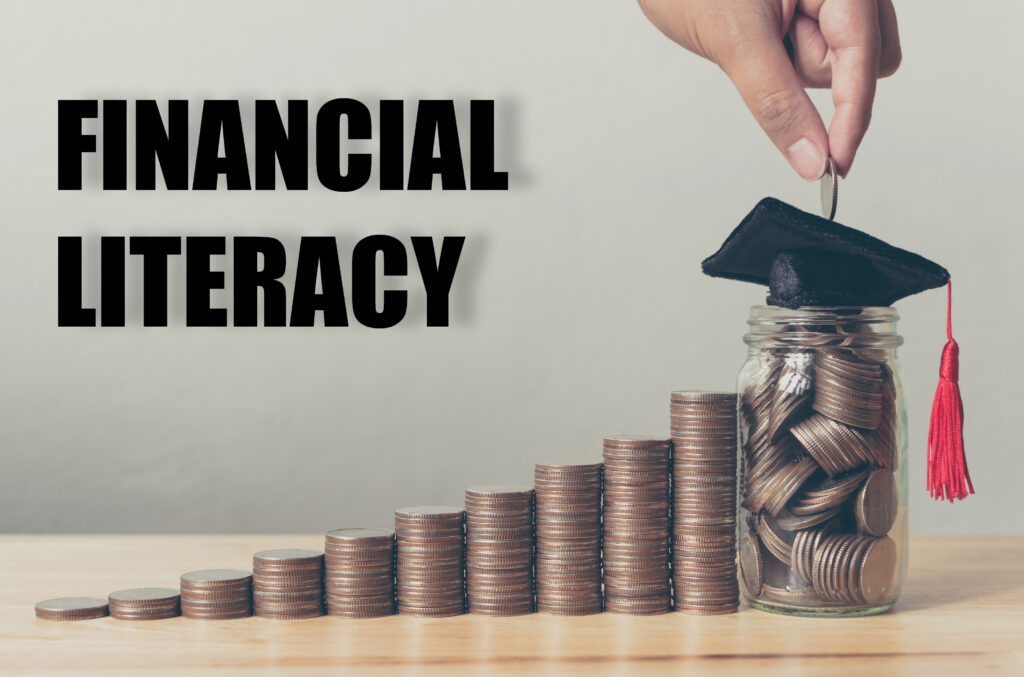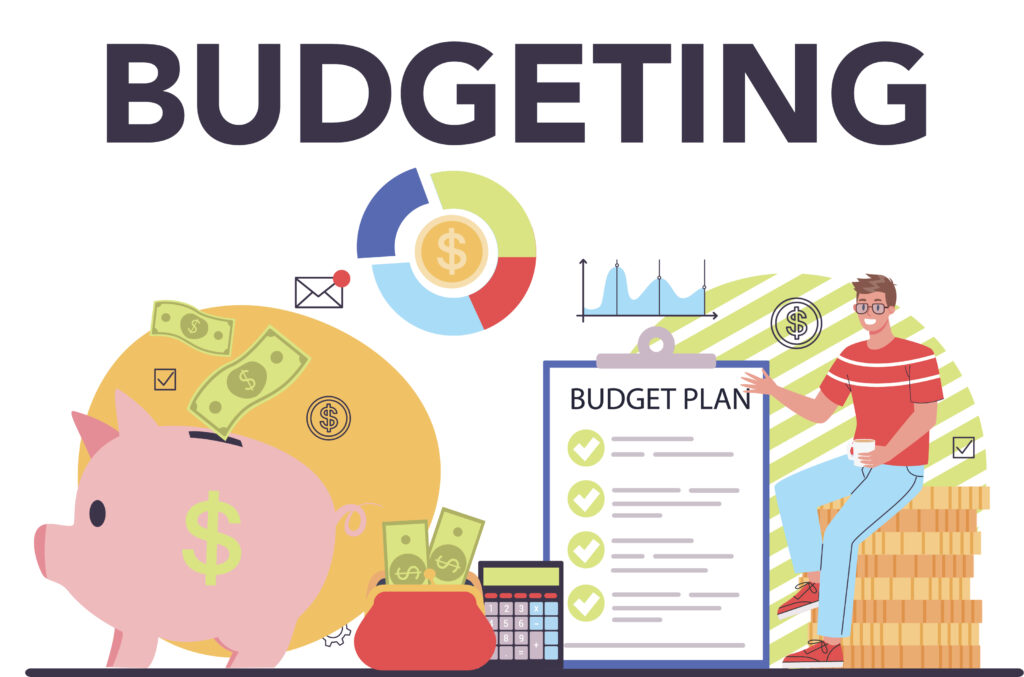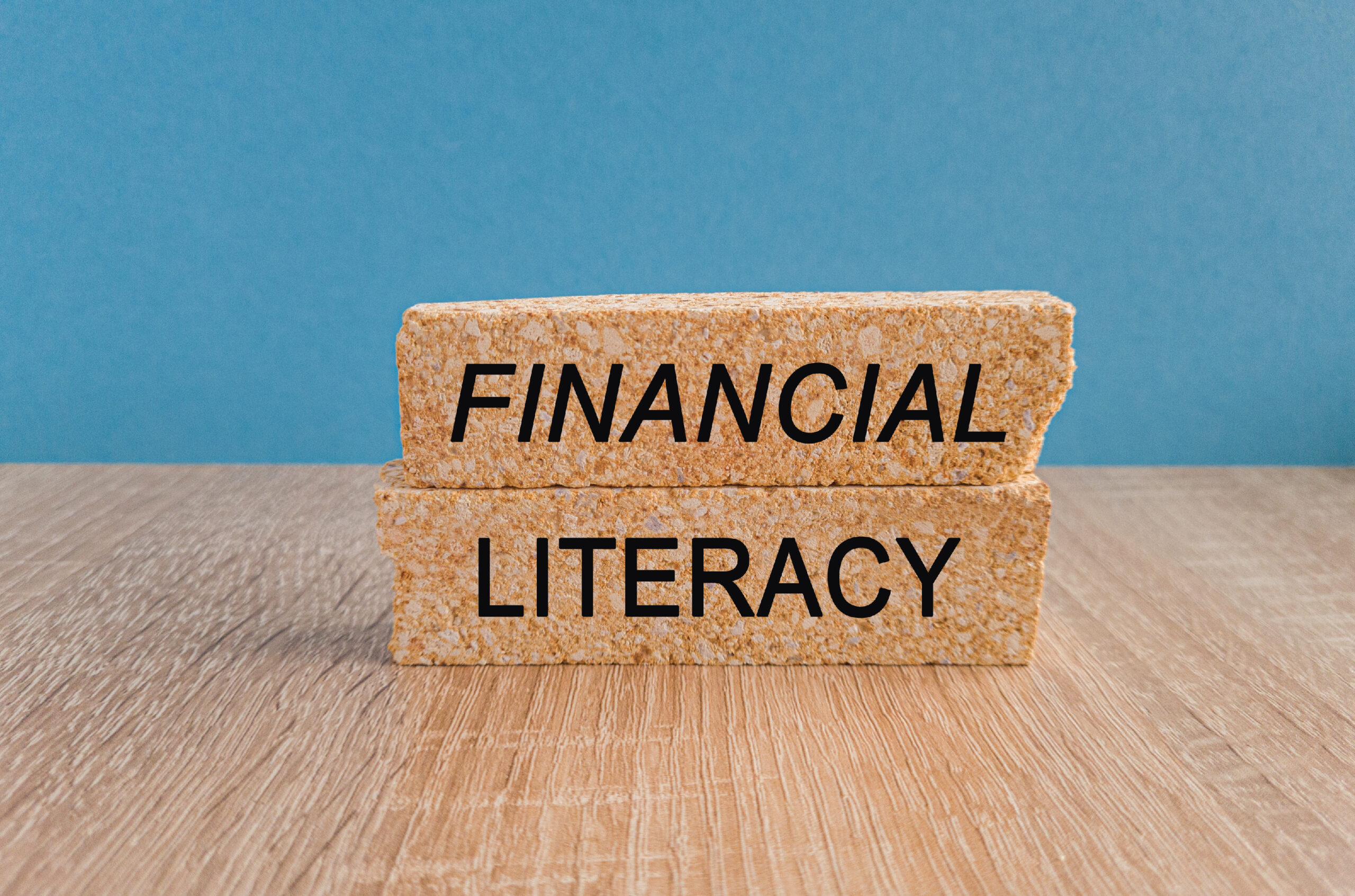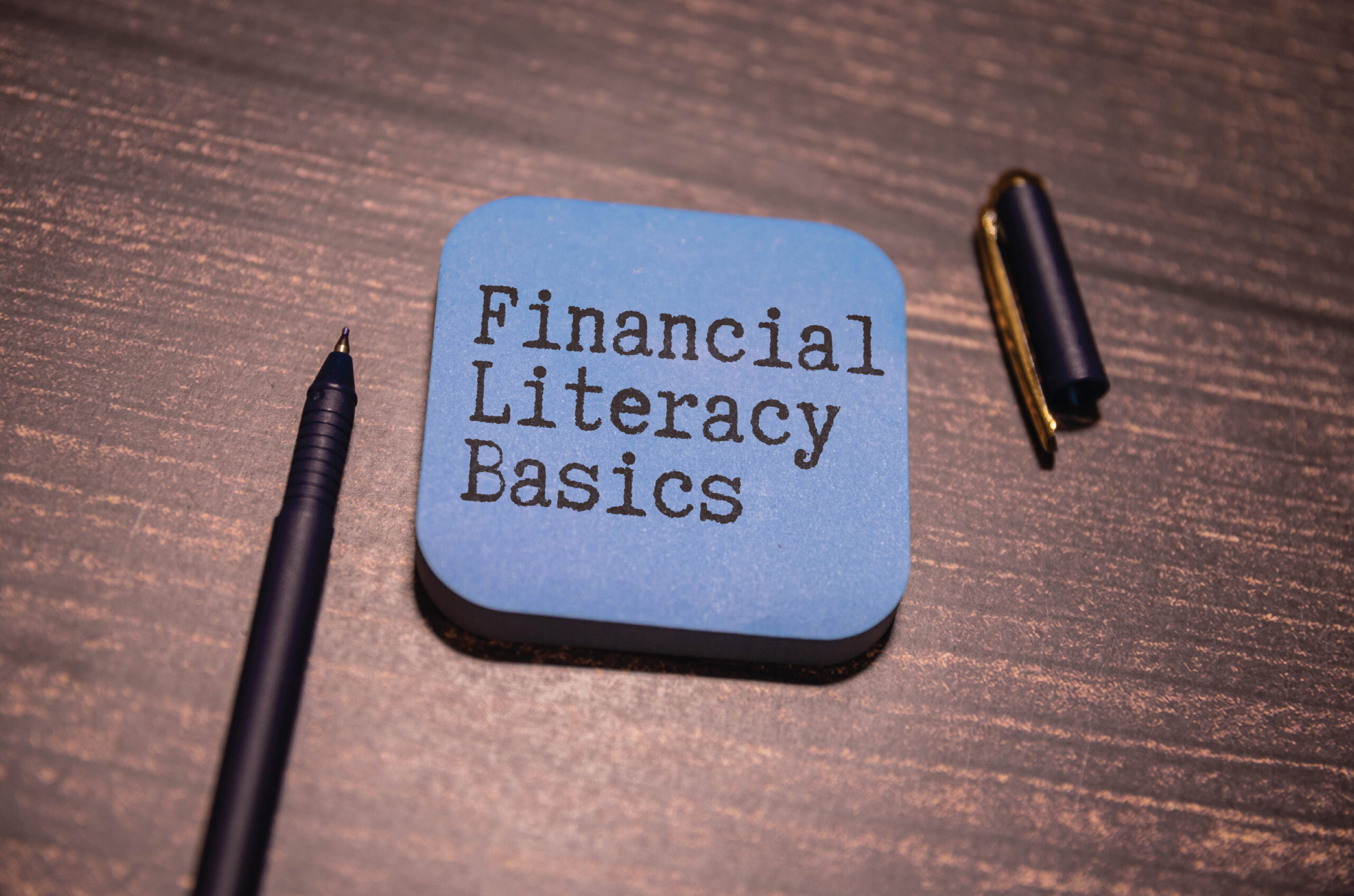
Are you someone who incessantly reads books/blogs/articles or listen to finance podcasts for financial literacy? Do you spend a major chunk of your time brainstorming efficient ways to manage your money? If the answer is yes, then it’s evident that you’re motivated to eliminate financial problems not just to make ends meet but also to improve your standard of living. At YPay, our motive is to make India financially literate.
Are you tired of struggling to stay afloat on your financial sea? The solution could be as simple as making yourself acquainted with financial literacy. It is possible to keep financial pitfalls at bay and deter your finances from sinking by enhancing your knowledge of financial management. Don’t wait until it’s too late, empower yourself by taking charge of your future today itself.
What is Financial Literacy?
It refers to the cognitive familiarity with financial segments and skills such as budgeting, personal financial management investing, borrowing, taxation, and so forth. It aids you make well-versed decisions concerning money. Shortage of such skills can make a person financially illiterate which can make it challenging for him/her to sail through the tricky waters of wealth management.
How to Unlock your Financial Potential?
Financial literacy is a holy abode of numerous financial components and skills that authorize an individual to garner familiarity with the practical management of money and debt. Let’s throw light on some of its key segments that can make your finances better.
Budgeting
What is budgeting? In layman’s terms, the budget signifies a structure that reflects how you plan to spend your money. Crafting a ‘spending plan’ allows you to figure out whether you will have enough money for the activities you want to partake in and prioritize your task spending consequently.

Four main uses of money determine a budget. Those prominent uses are- spending, investing, saving, and giving away.
Sustaining equilibrium throughout the preliminary uses of money permits individuals to allocate their income effectively which surfaces robust financial security and prosperity.
In simpler terms, it makes a sensible idea to devise your budget in a way that disburses all prevailing debt while leaving capital aside for saving and investments.

Investing
An individual must understand the critical ingredients of investing to become financially literate. Those peculiar constituents are interest rates, price levels, diversification, risk mitigation, and indexes. Knowledge of these investment components paves the way for individuals to make astute financial decisions that may welcome an increased influx of income.
Borrowing
There might be barely any individual who has never been required to borrow money. To make ‘borrowing’ effective, make sure to grasp a comprehensive understanding of interest rates, compound interest, loan structure, time value of money, and payment periods.
Comprehension of the aforementioned aspects can increase make an individual financially literate. It will bestow borrowing guidelines and ultimately lessen long-term financial stress.
Taxation
Yes, it’s true that doing taxes is not everyone’s cup of tea. In order to be financially literate, one needs to grasp diverse forms of taxation and how they affect an individual’s net income. In the long run, it allows you to relish the benefits of economic stability and improves financial performance via income management.

Personal Financial Management
Undoubtedly, the incorporation of all the above-listed components is paramount for effectual financial management, securing financial stability and security.
Financial security is guaranteed by counterbalancing all financial components that surge investments and savings while lessening borrowing and debt.
The Conclusion:
In today’s volatile economy, being financially literate has evolved into a necessity. It lets you navigate through the intricacies of modern finances. Thus, make sure to equip yourself with financial literacy to understand how to spend every penny judiciously.







